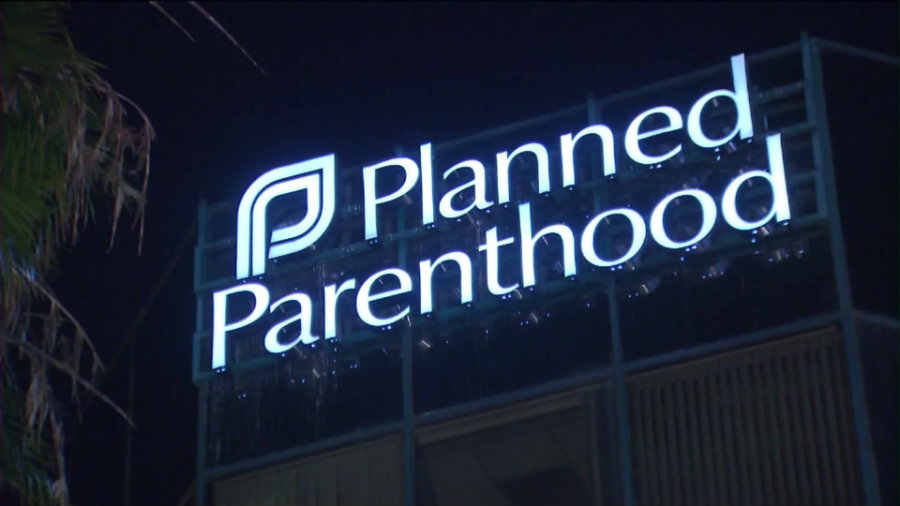Due to the series of restrictions the Food and Drug Administration has over women who want to search for RU-486 – an abortion pill that takes effect within the first 10 weeks – hundreds of them across the country have to travel to another city in order to get the medication and complete their abortion. This week, The American Civil Liberties Union Foundation (ACLU) sued the Food and Drug Administration seeking to finally put an end to these restrictions.
If the lawsuit is approved, American women would be able to get the controversial abortion-pill, or the morning-after pill, at any stage of her pregnancies, without medical oversight, and in any pharmacy in the United States.
The Foundation brought the Chelius-ACLU lawsuit on behalf several professional healthcare associations, and a Hawaiian-based doctor named Dr Graham Chelius. According to him, he daily receives women who prefer to take the pill and not use other deadly options. Unfortunately, those who can’t travel to other regions have no other way.

Chelius considers that there are “no abortion providers” in Hawaii, he told the NPR. When he informs women that he can’t proceed by giving them access to the pill, he forces them to travel “to a different island 150 miles away to get this care.” The doctor also said that the rules surrounding RU-486 are “inefficient”.
“The FDA restrictions create delays that often push medication abortion out of reach of my patients,” Dr Chelius said. “And some of my patients are simply unable to make this trip and instead have been forced to carry a pregnancy to term against their will.”
In New York, the average distance women travel to find the pill is about three miles (five kilometers). At the other end of the scale, the average distance in Wyoming is about 168 miles (271 kilometers).
The group is asking the FDA to remove the Risk Evaluation and Mitigation Strategy (REMS) currently in place for the abortion pill Mifeprex. These restrictions forbid retail pharmacies to commercialize the RU-486, forcing women to only be able to find the pill in clinics, doctor’s offices, hospitals or in health care providers that have pre-registered with a drug manufacturer.
These pre-registered providers have to keep the drug in stocks, be capable of delivering a surgical abortion if any complication comes up, and other further requirements.

The FDA updated the restrictions last years for the first time
Danco Laboratories started manufacturing Mifeprex after it was approved in 2000. By taking a combination of this pill and misoprostol, which is an anti-inflammatory drug prescribed to prevent gastric ulcers, any women could terminate their early pregnancy.
In March 2016, for the first time, the FDA announced that it was going to update the restrictions. It said that it would expand the use to 70 days of gestation from 49 days, cutting the recommended dose of the drug and reducing the number of required visits to a doctor.
The suit says that these not medically-justified restrictions limit women of having an easy access to the abortion pills. This is not only affecting the same women, but also some hospitals that have had to completely close their facilities due to the lack of clients.
“The abortion pill is safe, effective and legal. So why is the FDA keeping it locked away from women who need it?” ACLU Reproductive Freedom Project attorney, Julia Kaye, said. “The FDA’s unique restrictions on medication abortion are not grounded in science – this is just abortion stigma made law.”
Women can end their pregnancy as they want to
The ACLU’s Reproductive Freedom Project says that the pill should be more accessible because it’s entirely safe and effective. It assures that the FDA have to completely forget about any restrictions to provide these women a simpler life.

In the statement of the Reproductive Freedom Project, it says that Mifeprex is “identical to an early miscarriage at home”. Thus, allowing women to put an end to their pregnancies under their own terms.
Since the FDA approves the pill in 2000, around “3 million” American woman have used it and it has been very effective to them. However, 17 years later, the FDA keeps forbidding women from getting the pill in the “usual way”: with a prescription from a pharmacy.
However, the FDA keeps confirming that the agency is not going to change its position more than it just did in March 2016. According to the Food and Drug Administration, the laws are necessary to ensure a safe use. Regarding the lawsuit, it said the agency does not comment on pending or ongoing litigation.
However, there is still another part of America who doesn’t want the pill to be easily commercialized. Many pro-life campaigns, citing ethical issues and safety concerns, have criticized the States not only because they think the restrictions are not enough, but also because it just legally provides the Mifeprex.
Source: Fox News
